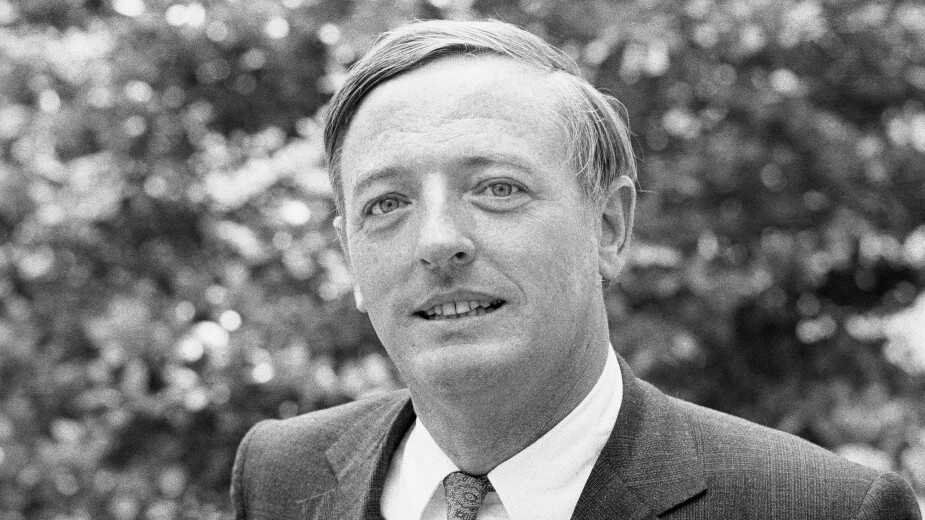
William Frank Buckley, Jr. founded the political magazine National Review in 1955. He died in 2008.
On February 4, I had the pleasure of attending Neal Freeman’s speech on the enduring legacy of William F. Buckley, Jr. at The Fund for American Studies’ Annual Reunion. Before delving into his uniquely close professional and personal friendship with Buckley, Freeman began by describing the best Christmas present he’d ever received: his own FBI file. Freeman assured the audience that “your FBI file makes for a great read!” Citing interviews with acquaintances from the local police to fraternity brothers, Freeman described the “investigation as colonoscopic.” These comments were met with uproarious laughter, to which I contributed my own hearty guffaws. After the audience regained its composure, Freeman got around to the sober point of his tale: Buckley described Freeman, under oath, not as his colleague but “one of [his] closest friends.”
A graduate of Yale like Buckley himself, Freeman resigned from his “proper” job at the large, reputable publisher Doubleday & Company to help Buckley “change the world” at the National Review. Freeman credits his “impetuous youth” for providing him the chutzpah to leave the security of Doubleday to travel across the country for six months selling Buckley’s syndicated column to publishers. We can only hope that today’s youths have such unbridled optimism and confidence in their purpose to leave their lucrative jobs in consulting and the financial sector to do the same.
Freeman summarized the purpose of Buckley’s fusionist alliance between conservatives and libertarians as balancing social order with personal freedom. Freeman described the extremities of the former as tyranny and the latter as anarchy. Ordered liberty is “the golden oxymoron of the American experiment,” he said. Through strategic ambivalence and compromise between schools of thought often at odds, if not each other’s throats, politically effective coalitions can be built. What’s the benefit of coalitions? Freeman posits the truism: coalitions win; factions lose.
Freeman recounted the various influences that contributed to Buckley identifying himself as a “libertarian conservative.” Buckley’s oil-drilling father demonstrated that the free market and entrepreneurship work pragmatically. Freeman identified Albert Jay Nock, a dyed-in-the-wool libertarian, as Buckley’s second most frequent and important dinner guest. Nock’s “singular prose” left a lasting impact on Buckley’s inimitable writing style and provided him with the intellectual foundation for defending freedom philosophically. These influences contributed inestimably to Buckley, the National Review, and the fusionist coalition that successfully persuaded Ronald Reagan to reduce the concentration of economic power vested in the Leviathan of government and thereby enable human flourishing.
Freeman concluded his inspiring eulogy to his late friend, colleague, and titan of Liberty by acknowledging Buckley’s single most important character trait: gratitude. Even at the bitter end, while coping quietly with crippling emphysema, Buckley was actively penning letters thanking cherished individuals like Freeman for “a lifetime of friendship.” On a lighter note, Freeman wryly noted that Buckley never let him forget his antipathy for the name “Firing Line” that Freeman, Buckley’s producer, assigned to his prolific and wildly popular PBS show.
In addition to a tear-jerking tale of ideal friendship, the most important takeaway from Freeman’s talk was that the cause of freedom “never has enough foul-weather friends.” Buckley was one such friend to freedom and Freeman alike.

Be the first to comment on "Neal Freeman on William F. Buckley"